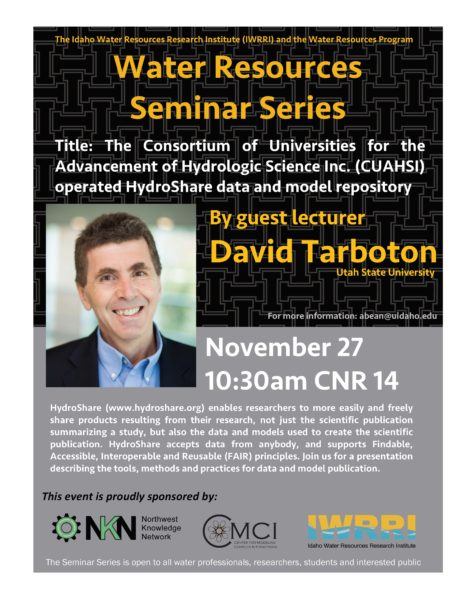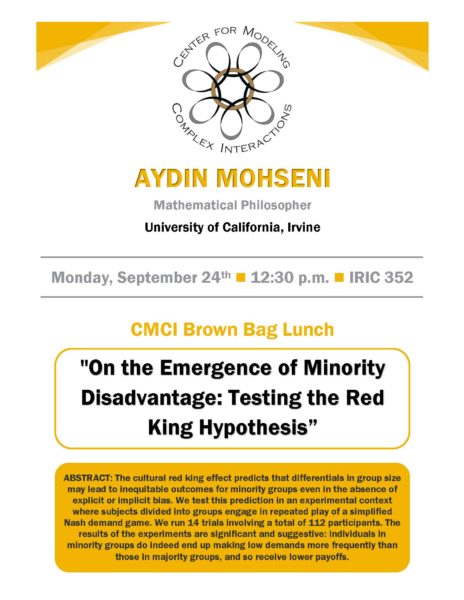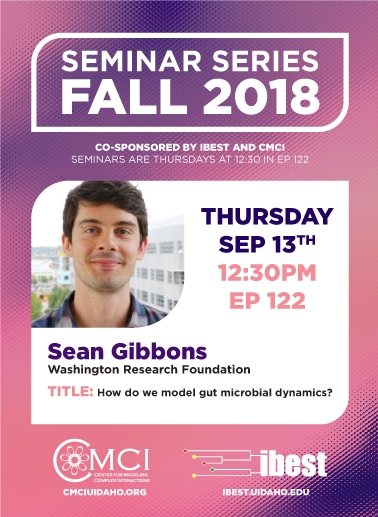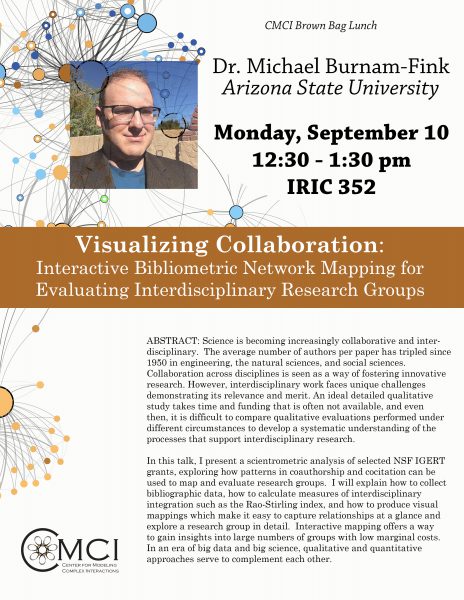CMCI is pleased to join with Northwest Knowledge Network and the Idaho Water Resources Research Institute (IWRRI) to sponsor Professor David Tarboton from Utah State University who will be speaking on the U of I campus on November 27 at 10:30 a.m. His presentation will describe the tools, methods and practices for data and model publication: “The Consortium of Universities for the Advancement of Hydrologic Science Inc. (CAHSI) operated HydroShare data and model repository.”
HydroShare enables researchers to more easily and freely share products resulting from their research, not just the scientific publication summarizing a study, but also the data and models used to create the scientific publication. HydroShare accepts data from anybody, and supports Findable, Accessible, Interoperable and Reuseable (FAIR) principles.




